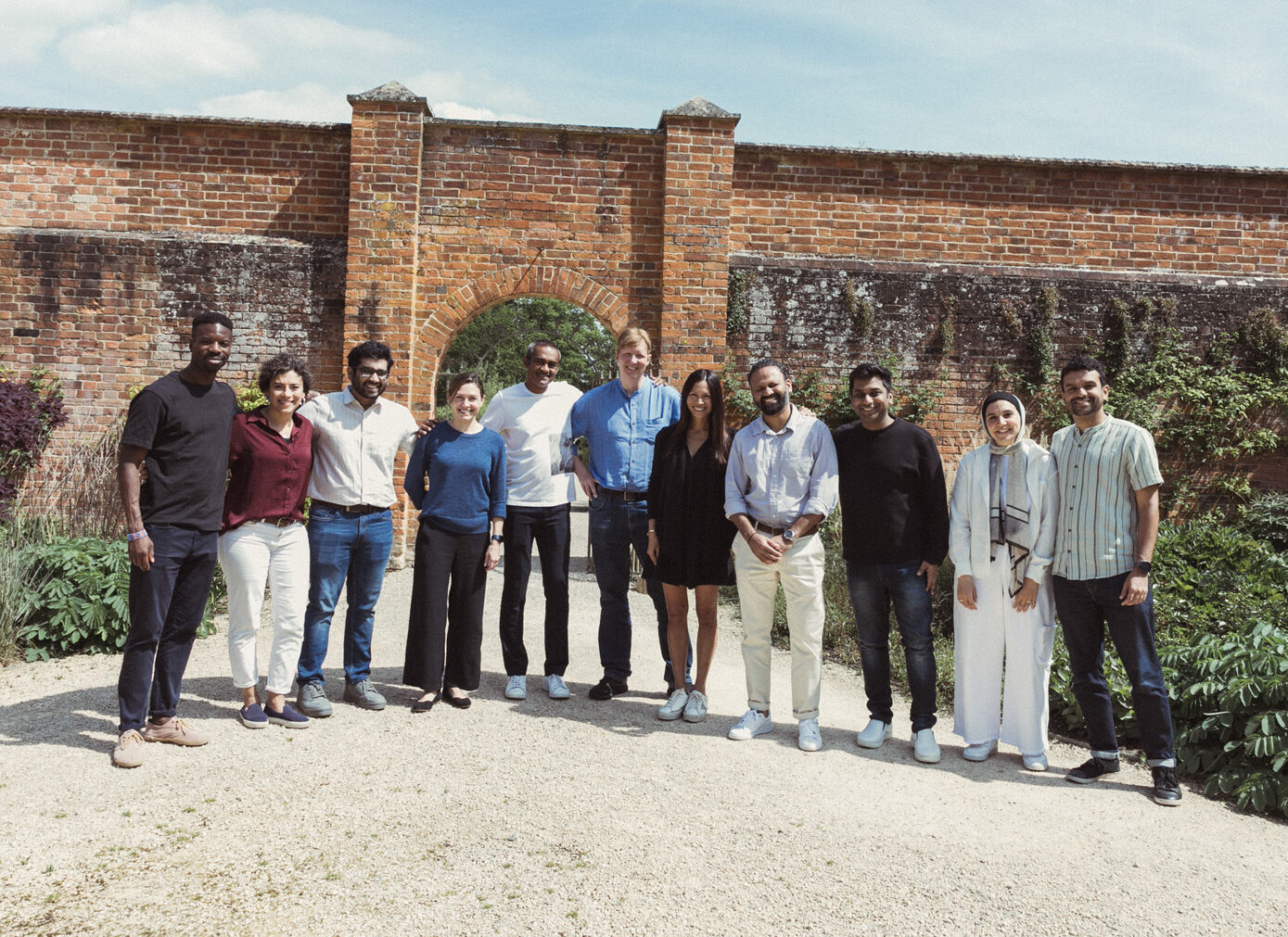Building a startup in Africa is no small feat. Behind the scenes, a deeper reality exists, a mental and emotional journey marked by both exhilaration and exhaustion.
A new report by Flourish Ventures, based on responses from 169 founders across 13 African countries, sheds light on the highs and lows of the African entrepreneurial experience. While the passion for creating change is undeniable, the pressures of building a business in challenging environments weigh heavily on these innovators.
Founders love what they do
For African founders, the entrepreneurial journey is deeply fulfilling. According to the report, 81% of respondents enjoy being founders, and 64% would start another venture if their current one failed. This relentless drive stems from entrepreneurship’s autonomy and problem-solving nature, which allows founders to take on meaningful challenges in their own way.
“There’s an addictive quality to this role,” says Cynthia Wandia, Co-founder and CEO of Kwara. “Daily happiness often stems from the freedom to design your own day and solve meaningful problems.”
This love for their work isn’t blind optimism. It’s rooted in the ability to create impact.
The cost of the grind
The pressures of entrepreneurship are immense. A staggering 86% of founders report that their roles have impacted their mental health. The challenges are multifaceted: loneliness, work-life balance, and the constant fear of failure.
Loneliness is particularly pervasive, with 78% describing being a founder as a solitary job. Despite interacting with teams, investors, and partners daily, founders often feel the weight of their ventures resting squarely on their shoulders.
“As founders, we often feel the burden of responsibility for our teams, investors, and communities,” shares Laurin Hainy, Co-founder and CEO of FairMoney.
The macroeconomic environment further compounds stress. Inflation, currency devaluation, and other external factors rank as the top stressors, cited by 59% of founders. These external forces, largely beyond their control, amplify the inherent difficulties of running a startup.
The extra weight female founders carry
Female founders face additional hurdles on their entrepreneurial journey. The report highlights how women are disproportionately affected by loneliness, work-life balance issues, and fear of failure. Female entrepreneurs are 2.3 times more likely to experience stress from isolation compared to their male counterparts.
However, women are also more likely to seek help—35% of female founders have consulted therapists or coaches, compared to 23% of men. Isis Nyong’o Madison, Co-founder of WomenWork Kenya, emphasises the importance of equitable representation in the VC ecosystem to alleviate these burdens.
“Female founders need visibility and access to peers who understand their unique experiences,” she says.
The founder-investor dynamics
While investors play a critical role in startups, their relationship with founders is not without friction. Many founders feel that investors are more of a stressor than a support system. Only 17% of founders feel comfortable discussing their challenges openly with investors, and 41% believe investors don’t genuinely care about their well-being unless it affects returns.
Founders are calling for a shift in this dynamic. They want investors to move beyond financial backing to offer comprehensive support, such as access to coaching, leadership training, and resources for mental well-being.
“Great investors believe in the person behind the business model, not just the model itself,” notes Rose Goslinga, Co-founder of Pula.
How founders are coping
Despite the challenges, African founders demonstrate remarkable resilience, scoring an average of 3.8 out of 5 on the Brief Resilience Scale. This ability to bounce back is rooted in their resourcefulness and commitment to their vision.
Effective coping mechanisms like healthy eating, exercise, and meditation help many navigate stress. However, unhealthy habits such as excessive work hours and inadequate sleep persist, underscoring the need for systemic change in how well-being is prioritised.
“Stress is an occupational hazard of entrepreneurship,” says Maryanne Ochola, Managing Director at Endeavor Kenya. “But with the right strategies and support systems, founders can thrive.”
Read the full Flourish VC report for more.
Get passive updates on African tech & startups
View and choose the stories to interact with on our WhatsApp Channel
Explore




